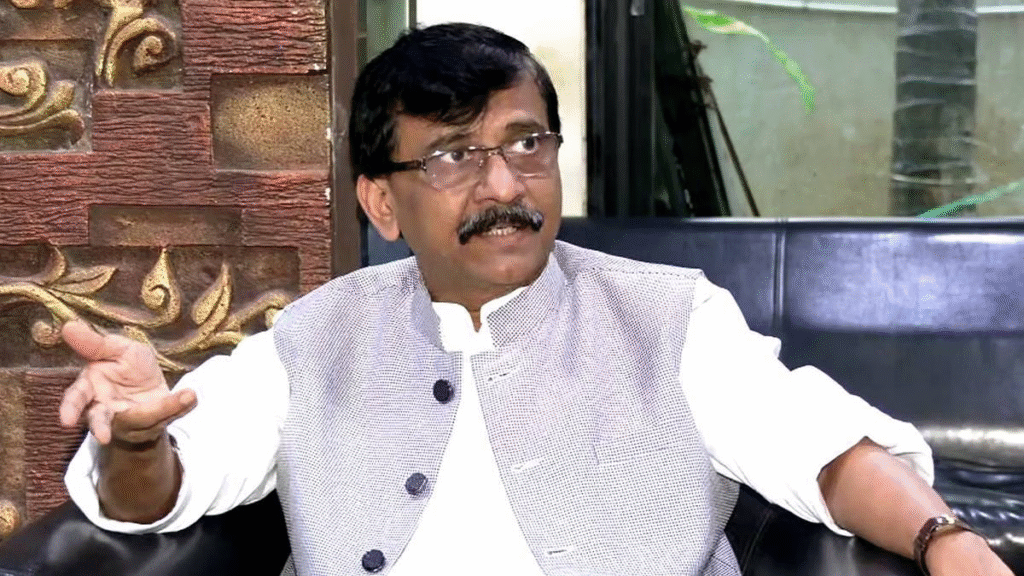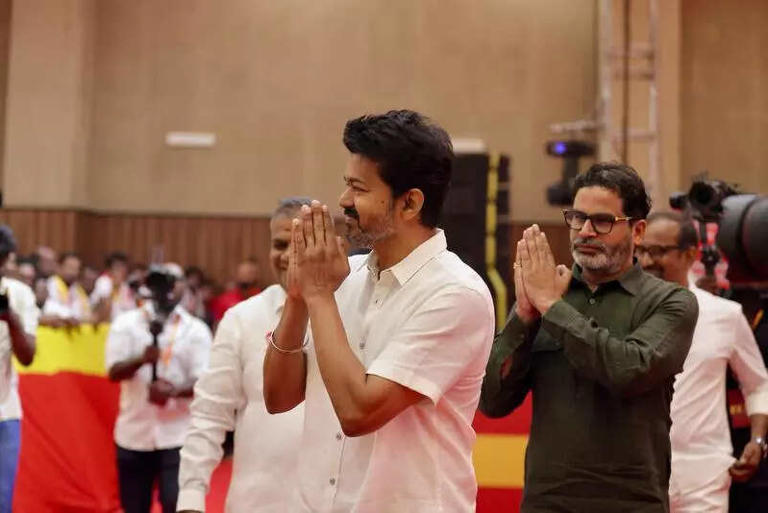Hindi Isn’t the Enemy—Imposing It Is: Sanjay Raut Backs Regional Autonomy in Language Row
In the midst of a heated national debate on language politics, Shiv Sena (UBT) leader Sanjay Raut on July 6, 2025, issued a strong and nuanced statement in Mumbai, clarifying his party’s position on the controversial Hindi language imposition policy. While reiterating deep respect for Hindi as a language, Raut firmly opposed its compulsory introduction in primary schools of non-Hindi-speaking states like Maharashtra.
Speaking just days after the Maharashtra government rolled back its Hindi imposition policy, Raut described this policy reversal as a victory for regional autonomy and linguistic freedom. His statement also sought to clear the air around accusations that opposition parties were “anti-Hindi,” stressing instead that the real issue is forced centralization, not the Hindi language itself.
Raut’s words echoed across the country, especially in southern states like Tamil Nadu, where the issue of language imposition has long been politically and emotionally charged.
Language of the Heart, Not the Law: Raut Warns Against Compulsion
Addressing the controversy, Sanjay Raut made it clear that his objection is not to Hindi as a language, but to how it is being forcefully imposed in non-Hindi regions. He emphasized that he uses Hindi every day—for speaking, reading, watching TV, and even thinking. “I respect Hindi. I live in Hindi,” he said. “But that doesn’t mean we must be forced to teach Hindi compulsorily to young children who grow up with Marathi.”
Mumbai, Maharashtra: Shiv Sena (UBT) leader Sanjay Raut says, "Southern states have been fighting on this issue for years. Their demand is that Hindi should not be imposed entirely. This does not mean that we will not speak Hindi or that we won’t allow anyone to speak Hindi in… pic.twitter.com/8yQB9PIcmX
— IANS (@ians_india) July 6, 2025
The real concern, Raut explained, is about making Hindi mandatory at the primary education level, effectively overriding the cultural and linguistic identity of states like Maharashtra, which have their own rich literary and educational traditions. This, he warned, is not just an educational issue but a direct attack on federalism and regional pride.
He pointed out that opposition to forced Hindi policies is not about rejecting Hindi speakers or their culture, but about defending India’s diversity. “Let those who want to speak Hindi, speak it. Let those who speak Marathi, speak Marathi. That is the soul of India.”
Maharashtra-Tamil Nadu Unity Hints at New Federal Front on Language Rights
One of the most significant aspects of Raut’s statement was his open expression of solidarity with southern states, particularly Tamil Nadu, which has long resisted central policies that seek to elevate Hindi over regional languages. He noted that Tamil Nadu Chief Minister M.K. Stalin congratulated Maharashtra on its successful rollback, seeing it as a boost for similar resistance movements in the South.
This public acknowledgment suggests the rise of a pan-regional alliance of states committed to defending linguistic diversity. Raut’s words hint at future political coordination between Maharashtra, Tamil Nadu, and possibly other non-Hindi-speaking states, as they push back against what they view as cultural homogenization led by central authorities.
The broader implications could reshape federal debates in India, especially in areas like education, media, and public administration, where language plays a central role. As the 2025 state and local elections approach, expect language politics to remain a fiery issue.





















